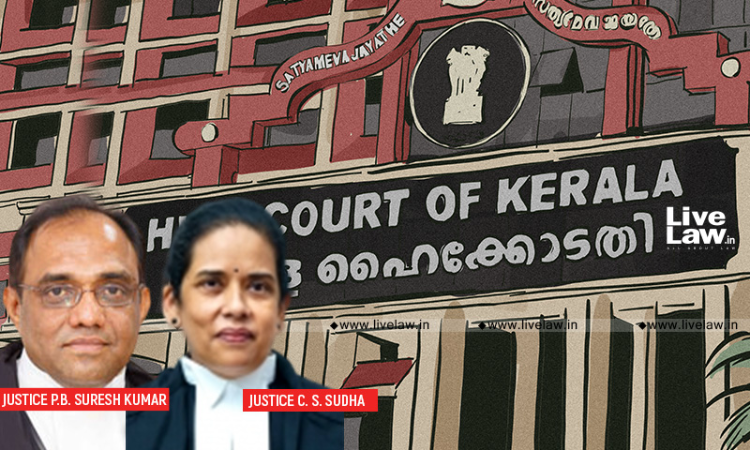Locus Standi To Be Satisfied To Make A Claim On Doctrine Of Legitimate Expectation: Kerala High Court
Athira Prasad
10 Aug 2022 9:42 AM IST

Next Story
10 Aug 2022 9:42 AM IST
The Kerala High Court recently observed that a person who bases his claim on the doctrine of legitimate expectation must first satisfy that there is a foundation for the same and thus has a locus standi to make such a claim.A Division Bench of Justice P. B. Suresh Kumar and Justice C.S. Sudha observed that for a beneficiary to have a legitimate expectation on invoking the privilege granted,...
